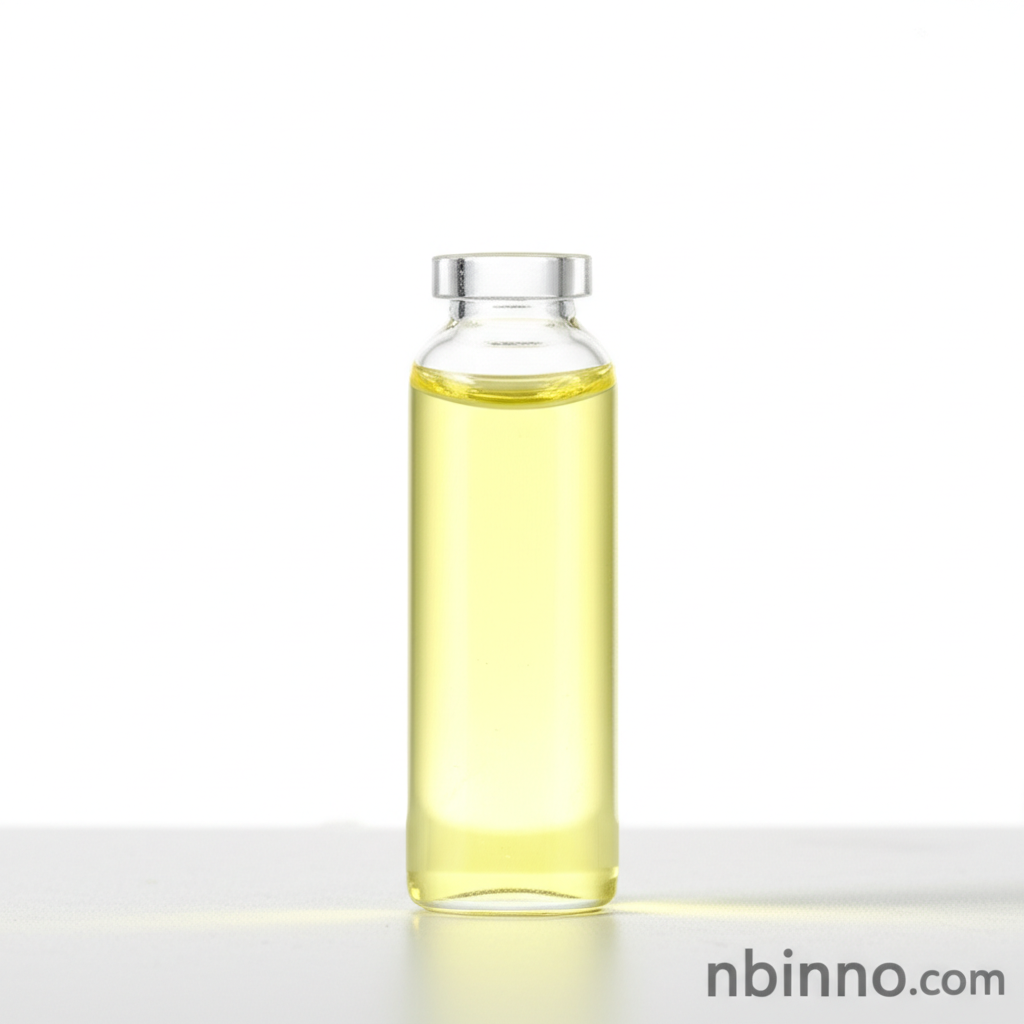1-Nonanethiol (CAS 1455-21-6): A Versatile Chemical Intermediate
Discover the essential properties and diverse applications of 1-Nonanethiol, a key compound in modern chemical industries.
Get a Quote & SampleProduct Core Value

Nonanethiol
1-Nonanethiol is a crucial chemical intermediate valued for its unique thiol group and n-nonyl chain. Its primary utility lies in organic synthesis, serving as a building block for more complex molecules. The compound is also recognized for its ability to form stable self-assembled monolayers (SAMs) on various metal surfaces, a property vital for surface functionalization in advanced materials science and nanotechnology.
- Explore the diverse 1-nonanethiol CAS 1455-21-6 properties essential for understanding its reactivity and behavior in chemical processes.
- Discover the significant chemical intermediate 1-nonanethiol applications, ranging from agricultural uses to high-tech material development.
- Learn about the principles of surface functionalization using thiols and how 1-Nonanethiol enables advanced material properties.
- Understand the formation and importance of self-assembled monolayers on gold and other noble metals facilitated by this thiol.
Key Advantages
Versatile Reactivity
Leverage the reactive thiol group for various organic synthesis pathways, making it a valuable component in developing new chemical compounds.
Surface Modification Capabilities
The ability to form stable SAMs offers precise control over surface properties, crucial for applications in sensors and catalysis, as highlighted in discussions about surface science and nanotechnology.
Agricultural Relevance
Its role as a germination stimulator for certain fungi demonstrates its potential in agricultural chemistry, contributing to studies on crop protection and disease management, aligning with chemical intermediates for agriculture.
Key Applications
Organic Synthesis
As a fundamental building block, 1-Nonanethiol is integral to creating complex organic molecules used in pharmaceuticals, agrochemicals, and specialty materials. Its role in organic synthesis building blocks is well-established.
Surface Science
Formation of self-assembled monolayers (SAMs) on surfaces like gold enables precise surface engineering for electronic devices, biosensors, and coatings, showcasing its importance in surface science and nanotechnology.
Materials Science
Its unique properties contribute to the development of novel materials with tailored characteristics, essential for advancements in various industrial sectors, fitting within the scope of materials science innovation.
Agricultural Chemistry
Used in specific agricultural research, its ability to influence fungal spore germination offers insights for developing new crop protection strategies, a direct link to chemical intermediates for agriculture.
